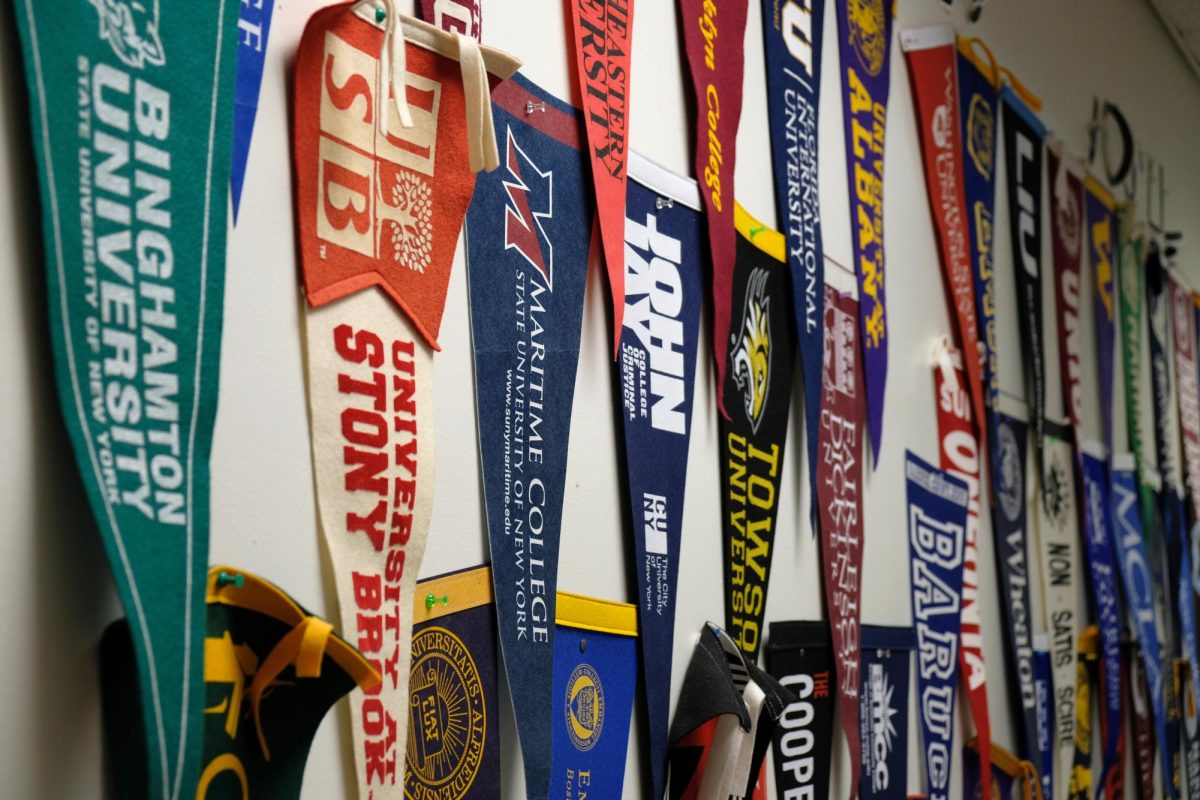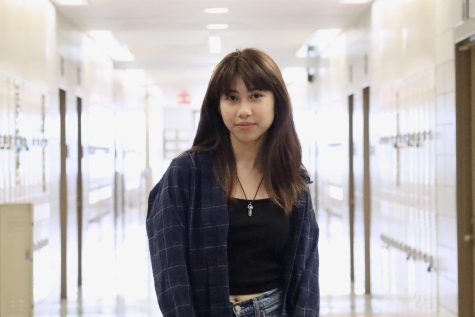
With regular decisions now released, Townsend Harris High School seniors reflected on their experience with the admissions process. While some seniors applied to colleges through the early admissions process — receiving their results since December, others have recently received the results of the regular decision admissions cycle.
Senior Pema Sherpa, who applied through regular decision, shared her experience with the process. She said, “I chose to apply to all my colleges through regular decision because I wanted to have more time with it since I was unsure about my path.”
Applying through regular decision gives students more time to reflect and research which colleges they would like to attend as applications are due in early January. Seniors also have the option to apply through early action, restrictive early action, or early decision, which have applications due in early November. While applicants are only allowed to apply to one school through restrictive early action and early decision, applying early action and regular decision allows students to apply to as many colleges as they would like since these application cycles do not have binding contracts.
Senior Rachel Chan applied restrictive early action. She said, “I chose restrictive early action instead of early decision because I wanted to keep my options open. [Since] I am a low-income student, I wanted to see all the options they would give me for financial aid.”
While restrictive early action is not a binding contract, it restricts applicants from applying to other schools through either early action or early decision. Early restrictive action allowed Rachel to explore all her options and choose the college that would be the best fit for her.
Senior Joseph Lin applied both early decision and regular decision but chose to continue with his regular decision acceptances. He said, “I was admitted [to a school] through early decision. However, I released myself from the early decision agreement on financial considerations and will instead choose from schools that I have been accepted through [regular decision].”
Likewise, senior Lauren Xiao applied through early decision, but once she was deferred, she “continued with the regular decision.”
Similar to Lauren, senior Matthew Xu applied early to “get it over with” but continued with regular decisions after he was deferred.
Another way seniors applied early is by becoming a QuestBridge finalist. The QuestBridge National College Match Scholarship allows high-achieving students of low-income backgrounds to rank colleges partnered with QuestBridge. The finalists of this selective program are given the opportunity to “match” with one of these colleges and receive a full-ride scholarship. Applications for QuestBridge are due in late September.
Senior Malcolm Malaria applied early through QuestBridge. Although he became a finalist, he did not “match” with his ranked colleges. Malcolm gave advice to students considering applying early through QuestBridge and said, “Start your application early, especially if you’re considering doing QuestBridge. Doing QuestBridge, election simulation, and other fall extracurriculars are close to impossible to balance.”
Senior Emily Fernandez commented on her stressful experience with regular decisions, “I let everything build up until the end, which backfired [on] me,” which is why she advises to “start early and finish everything that is needed.”
Similarly, Pema advised underclassmen to work on their applications earlier and avoid procrastination. She said, “Complete college essays over the break and work on the supplements persistently.”
Writing the Common App essay is quite difficult, as it gives students the choice to write about nearly anything. In regards to the Common App essays, Rachel said to begin “with your supplementals and have fun with those [since] for me, my supplementals molded into the second version of my Common App essay.”
In addition to managing your time, senior Ella Kim advises underclassmen to take care of themselves and, in between, write supplements to learn to reward themselves for their hard work. She emphasizes that you should learn to take breaks and reward yourself since college application season can be hectic and stressful.
This is also a time for underclassmen to figure themselves out as Lauren shares her struggle with procrastination and speaks of her experience with working better under pressure. She said, “Use this time to figure out how you work and how you will thrive since I work well under pressure and can’t get myself to do something until it’s due.”
With most decisions now out, Matthew advises that it is important to remember that college acceptances do not define your worth. He said, “Feel satisfied with what acceptances you do have. In the long run, these decisions don’t bear as much of an impact as you think right now, at the moment.”
Guidance Counselor Jeremy Wang shared advice for underclassmen who will have to go through the process in the future. He emphasized the importance of crafting well-written college and supplemental essays. He said, “[Colleges] are always impressed with the story that comes through your college essay, and it can occasionally come from the supplemental essays because all the selective schools [tend to have them]. They want to know the students more. They want to know the quality of your character — not just good grades. [It is important] to put your time and effort into writing your college essay and make it memorable and impressive to the [administrators].”






























